The Responsorial Psalm at Mass today reminds us that “a sacrifice of praise” is integral to the worship of God.
In Psalm 116, the speaker is praising God particularly because God has listened to his prayers and saved him when he was in great need and distress. How often do we remember the fate that would await us if it wasn’t for the salvific act of Christ on the Cross? And do we give praise to God for our deliverance? How often do we take a moment to praise God for our health, for our loved ones? Even the little blessings we experience, like a hug from a friend or a warm bed, are occasions to praise God.
But beyond what God has done for us, he deserves our prayer simply because he is God! The Catechism of the Catholic Church tells us that “Praise is the form of prayer which recognizes most immediately that God is God.” (2639) Though the psalmist in today’s readings has gone through hard times, he does not rail against God. He realizes that God is God, and he deserves worship; a “sacrifice of praise.”
The little vexations in our daily lives can be useful when it comes to developing an attitude of praise to God, especially when things don’t go our way.
This morning, after coming in from the frosty January chill, I made homemade hot chocolate. After whipping the ingredients into a frenzy, I popped a mug of the mixture into the microwave to heat it and to create a nice, thick topping of foam. Distracted for a moment, I turned back to the microwave to see that my cup runneth over! Hot chocolate foam was boiling all over the inside of my microwave.
Moments of frustration like this one can train us to become people of praise! When things go awry, we can curse, we can complain, or we can say, “Praise God!”
When my cocoa was ruined, praising God was not my first impulse! I was ticked off. I felt betrayed. I was hungry and cold, and-it-was-such-a-gloomy-day-and-I-just-went-to-Mass; aren’t I virtuous; don’t I deserve a reward!? But in situations like this, when we choose to speak out the simple words, “Praise you Lord!” with as much sincerity as we can muster, our attitude changes. We remember that, actually, we don’t “deserve,” and that we are called to love and serve God whether things go our way or not.
When we practice praising God during these seemingly insignificant moments of frustration, this kind of spiritual exercise eventually translates into life-long faithfulness and a docility to the will of God. In other words, it makes us like Christ, who, “though he was in the form of God, did not regard equality with God something to be grasped.” (Philippians 2:6)
The Catechism says that we owe God honor and glory “simply because HE IS,” (emphasis added by author) not because he has behaved in a way that we think God should. No matter what happens in our day, or in our life, God is God and he deserves our praise.
 Christine Hanus is a thwarted idealist who, nevertheless, lives quite happily in Upstate NY. She is a wife and mother of five grown children.
Christine Hanus is a thwarted idealist who, nevertheless, lives quite happily in Upstate NY. She is a wife and mother of five grown children.
Feature Image Credit: Mockup Graphics, https://unsplash.com/photos/AIkFaeX9ILc

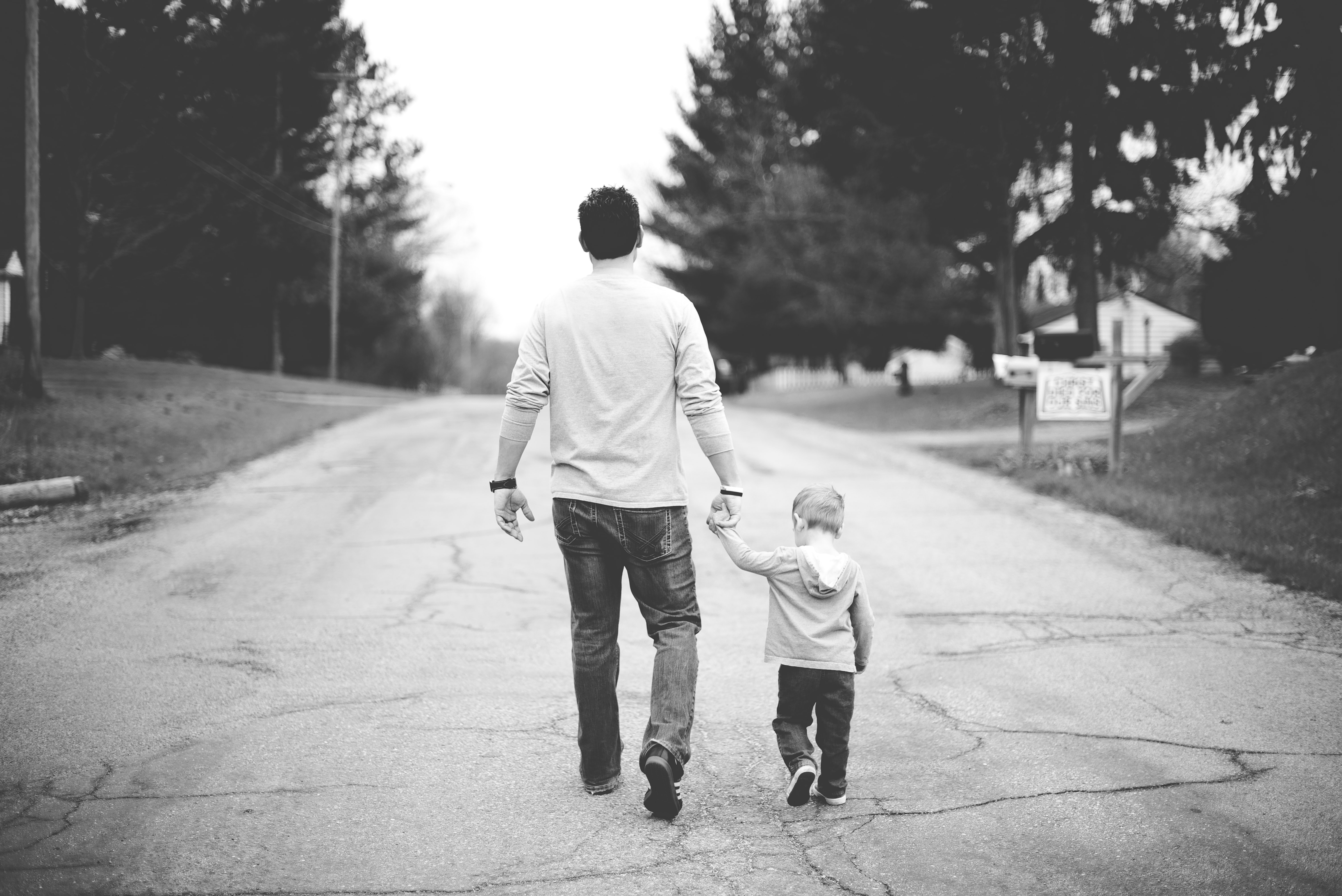
 Merridith Frediani loves words and is delighted by good sentences. She also loves Lake Michigan, dahlias, the first sip of hot coffee in the morning, millennials, and playing Sheepshead with her husband and three kids. She writes for Catholic Mom, Diocesan.com, and her local Catholic Herald. Her first book Draw Close to Jesus: A Woman’s Guide to Adoration is available at Our Sunday Visitor and Amazon. You can learn more at
Merridith Frediani loves words and is delighted by good sentences. She also loves Lake Michigan, dahlias, the first sip of hot coffee in the morning, millennials, and playing Sheepshead with her husband and three kids. She writes for Catholic Mom, Diocesan.com, and her local Catholic Herald. Her first book Draw Close to Jesus: A Woman’s Guide to Adoration is available at Our Sunday Visitor and Amazon. You can learn more at 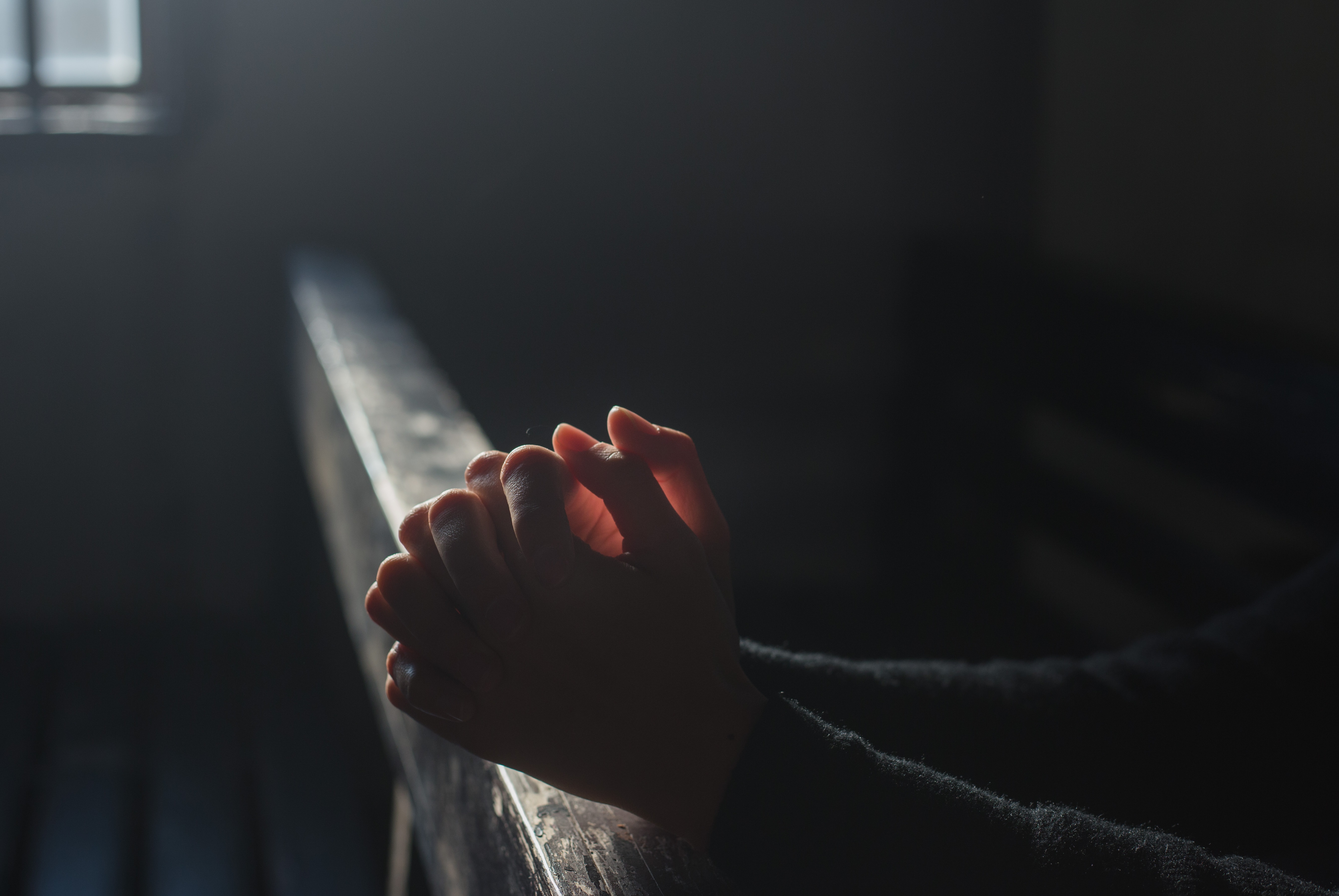
 Dakota currently lives in Denver, CO and teaches English Language Development and Spanish to high schoolers. She is married to the love of her life, Ralph. In her spare time, she reads, goes to breweries, and watches baseball. Dakota’s favorite saints are St. John Paul II (how could it not be?) and St. José Luis Sánchez del Río. She is passionate about her faith and considers herself blessed at any opportunity to share that faith with others. Check out more of her writing at
Dakota currently lives in Denver, CO and teaches English Language Development and Spanish to high schoolers. She is married to the love of her life, Ralph. In her spare time, she reads, goes to breweries, and watches baseball. Dakota’s favorite saints are St. John Paul II (how could it not be?) and St. José Luis Sánchez del Río. She is passionate about her faith and considers herself blessed at any opportunity to share that faith with others. Check out more of her writing at 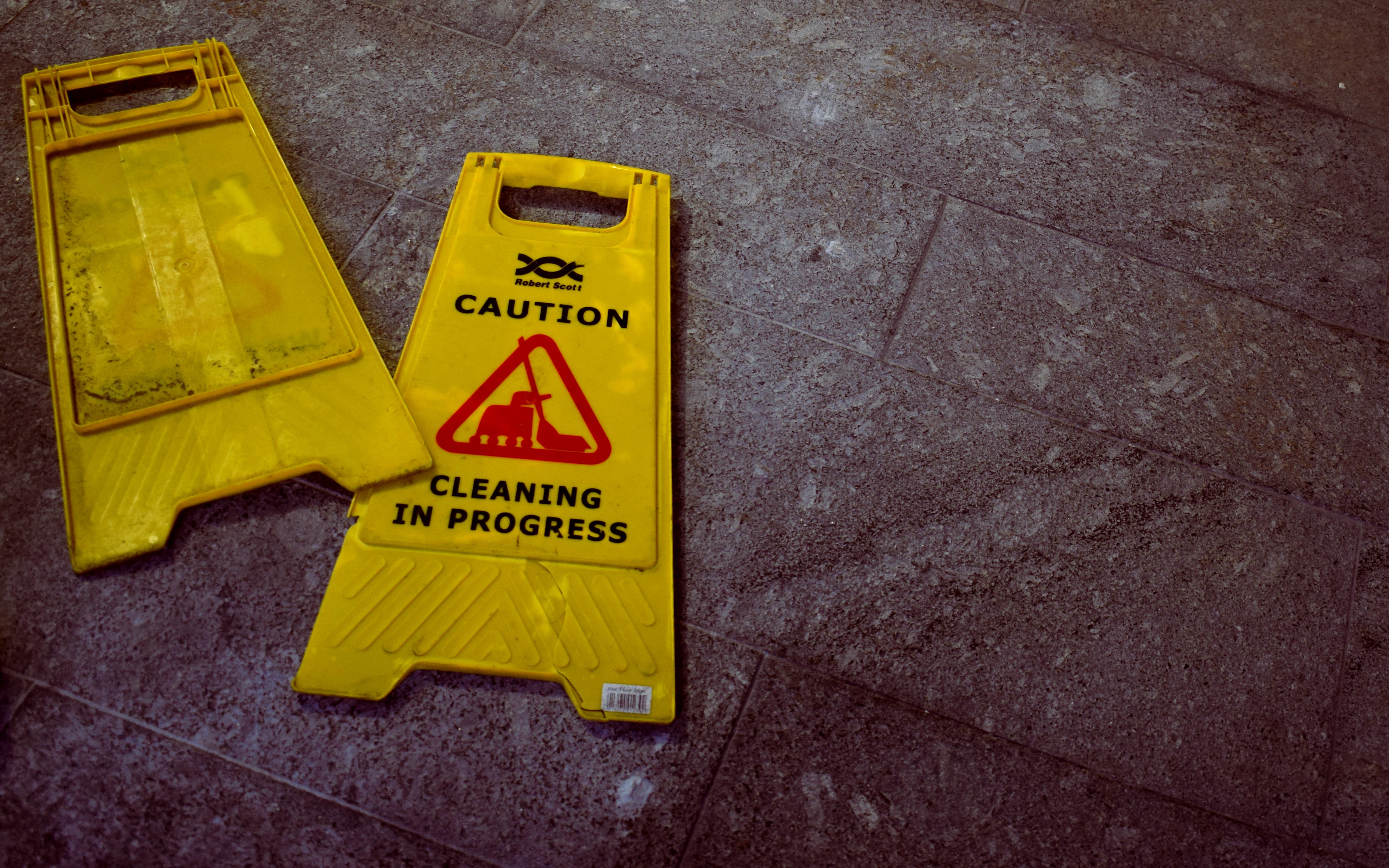




 Kay Kunz is the Accounts Manager at Diocesan. She is a mother of two and grandmother of five. Living on her family’s centennial farm surrounded by nature, creatures great and small, wild and tame, Kay and her husband are in perpetual restoration mode. When she is not crunching numbers or helping churches with bookkeeping issues, you’ll more than likely find her curled up with a book and a cup of coffee. Inspired by St. Brigid of Kildare, not just because she is the patron saint of chicken farmers and turning water into beer, but her simple pastoral life of finding peace in nature.
Kay Kunz is the Accounts Manager at Diocesan. She is a mother of two and grandmother of five. Living on her family’s centennial farm surrounded by nature, creatures great and small, wild and tame, Kay and her husband are in perpetual restoration mode. When she is not crunching numbers or helping churches with bookkeeping issues, you’ll more than likely find her curled up with a book and a cup of coffee. Inspired by St. Brigid of Kildare, not just because she is the patron saint of chicken farmers and turning water into beer, but her simple pastoral life of finding peace in nature.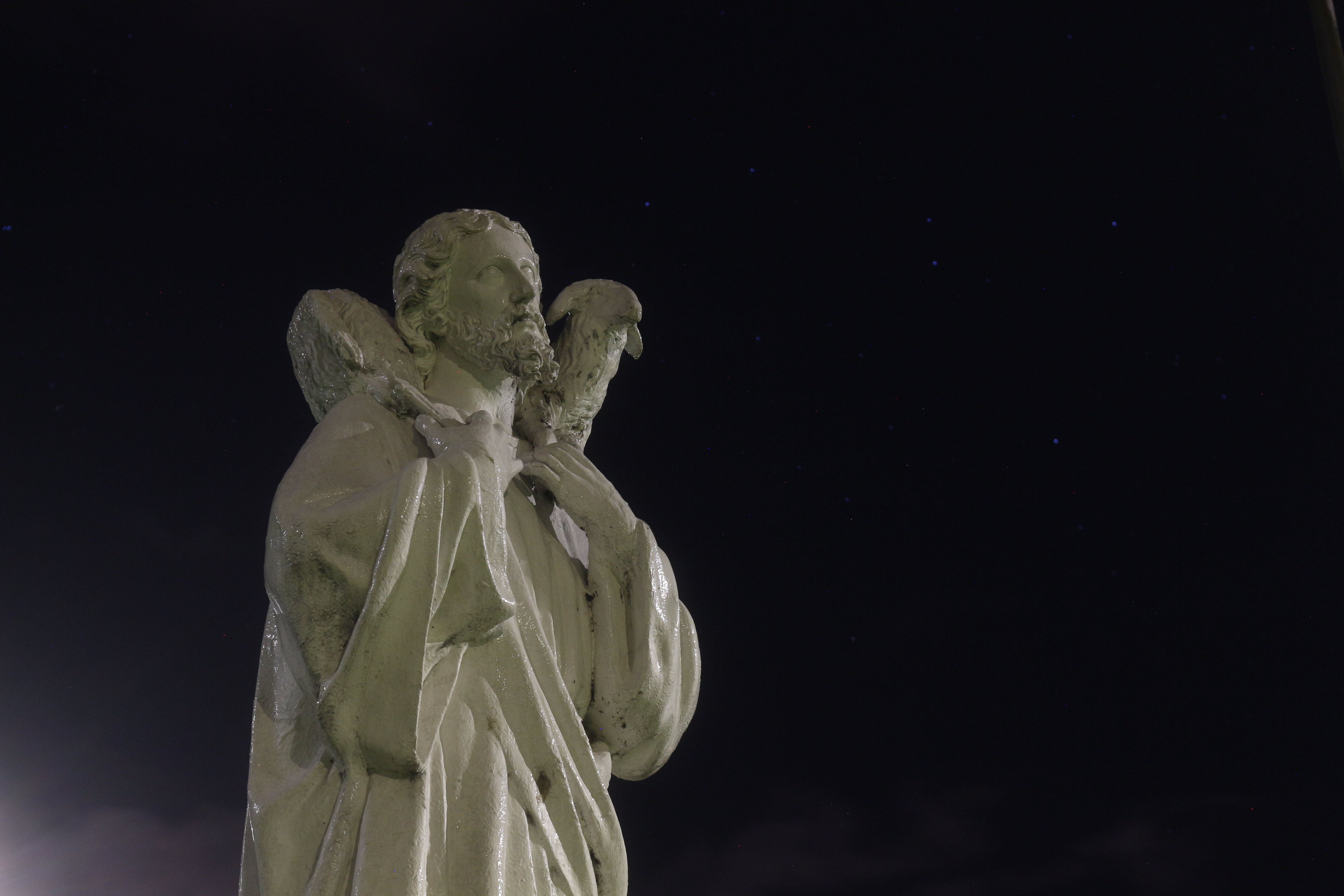
 Susan Ciancio has a BA in psychology and a BA in sociology from the University of Notre Dame, with an MA in liberal studies from Indiana University. For the past 17 years, she has worked as a professional editor and writer, editing both fiction and nonfiction books, magazine articles, blogs, educational lessons, professional materials and website content. Eleven of those years have been in the pro-life sector. Currently Susan freelances and writes weekly for HLI, edits for American Life League, and is the editor of Celebrate Life Magazine. She also serves as executive editor for the Culture of Life Studies Program-an educational nonprofit program for K-12 students.
Susan Ciancio has a BA in psychology and a BA in sociology from the University of Notre Dame, with an MA in liberal studies from Indiana University. For the past 17 years, she has worked as a professional editor and writer, editing both fiction and nonfiction books, magazine articles, blogs, educational lessons, professional materials and website content. Eleven of those years have been in the pro-life sector. Currently Susan freelances and writes weekly for HLI, edits for American Life League, and is the editor of Celebrate Life Magazine. She also serves as executive editor for the Culture of Life Studies Program-an educational nonprofit program for K-12 students.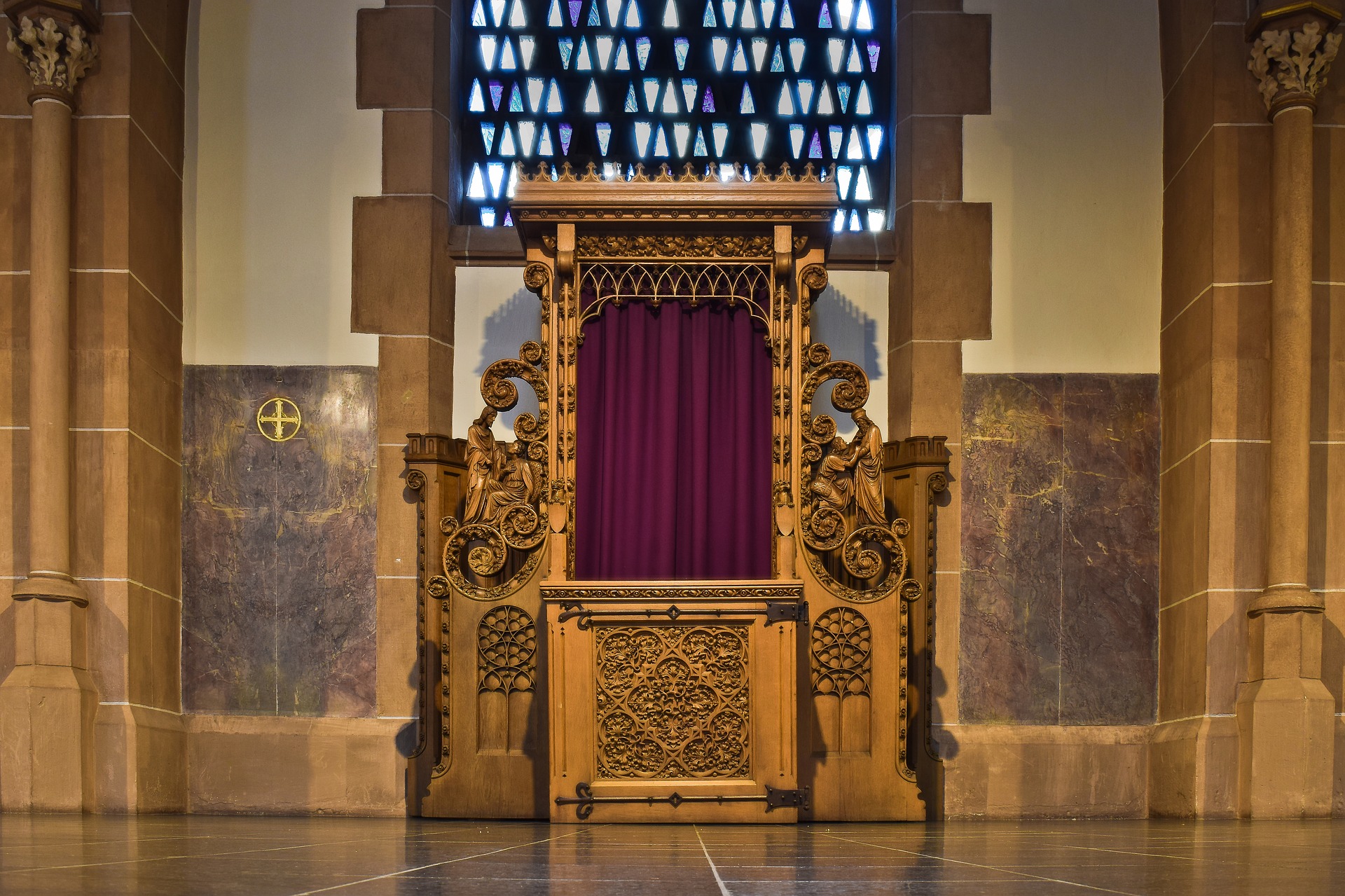


 Elizabeth Tomlin is the author of Joyful Momentum: Building and Sustaining Vibrant Women’s Groups and contributing author to the Ave Prayer Book for Catholic Mothers. She is General Counsel for the Archdiocese for the Military Services, USA. Elizabeth is an Army wife and mother of three and currently lives in the DC area. She blogs at
Elizabeth Tomlin is the author of Joyful Momentum: Building and Sustaining Vibrant Women’s Groups and contributing author to the Ave Prayer Book for Catholic Mothers. She is General Counsel for the Archdiocese for the Military Services, USA. Elizabeth is an Army wife and mother of three and currently lives in the DC area. She blogs at 

 Kathryn James Hermes, FSP, is the author of the newly released title
Kathryn James Hermes, FSP, is the author of the newly released title

